Democracy in America
Examine the political, religious, and social character of American democracy.
Weekly | Tuesdays, October 2024
Online Seminar
By the time Benjamin Franklin set out to write his Autobiography, he was a renowned scientist, inventor, man of letters, politician, diplomat, and philosopher—the most famous American in the world, by far. But what exactly was an American in 1784? America had only just won its independence from Britain, and the project of building both the nation and its identity was just beginning.
We will examine the Autobiography as the first conscious statement of a distinctly American identity and political philosophy, illustrated through Franklin’s own eventful life, and try to understand the nature of the democratic promise Franklin saw in it. We will pay particular attention to Franklin’s accounts of education, commercial life, civic virtue, and democratic psychology.
The Autobiography of Benjamin Franklin with Rita Koganzon
This course takes place weekly on Tuesdays, via Zoom, from 6 PM to 8 PM ET. Fellows will receive a $150 stipend contingent upon participation in the course and completion of a brief response paper. All course materials will be provided.
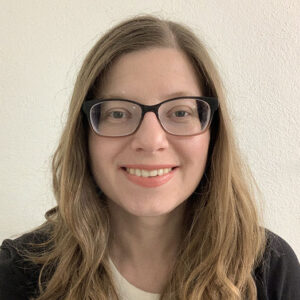
She is an associate professor at the School of Civil Life and Leadership at UNC-Chapel Hill. Her research focuses on the themes of education, childhood, authority, and the family in historical and contemporary political thought. In addition to her research, she contributes book reviews and essays to the Hedgehog Review, National Affairs, The Point, and The Chronicle of Higher Education, among others.

Rita Koganzon’s research focuses on the themes of education, childhood, authority, and the family in historical and contemporary political thought. Her first book, Liberal States, Authoritarian Families: Childhood and Education in Early Modern Thought, examined the justifications for authority over children from Jean Bodin to Jean-Jacques Rousseau, and explored how Locke and Rousseau departed from their absolutist predecessors by refusing to model the family on the state but nonetheless preserved authority over children within the family for the sake of the liberty of adults. In addition to her research, she contributes book reviews and essays to the Hedgehog Review, National Affairs, The Point, and The Chronicle of Higher Education, among others. She is an associate professor at the School of Civil Life and Leadership at UNC-Chapel Hill.
Readings:
Discussion Question:
Readings:
Discussion Question:
Readings:
Discussion Question:
Readings:
Discussion Question:
Readings:
Discussion Question:
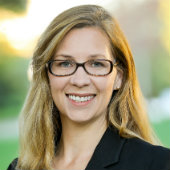
Jenna Silber Storey
Jenna Silber Storey is a senior fellow in the Social, Cultural, and Constitutional Studies department at the American Enterprise Institute (AEI), and co-director of AEI’s Center for the Future of the American University. She is concurrently an SNF Agora Fellow at Johns Hopkins University, and a research fellow at the Civitas Institute at the University of Texas at Austin. She also serves on the executive committee of the Alliance for Civics in the Academy.
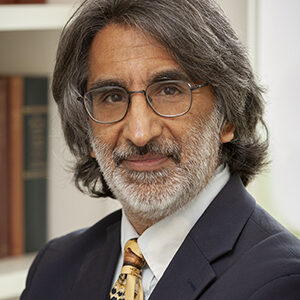
Akhil Reed Amar
Akhil Reed Amar is Sterling Professor of Law and Political Science at Yale University, where he teaches constitutional law in both Yale College and Yale Law School. He is Yale’s only currently active professor to have won the University’s unofficial triple crown — the Sterling Chair for scholarship, the DeVane Medal for teaching, and the Lamar Award for alumni service. He hosts a weekly podcast, Amarica’s Constitution.
Adam J. White
Adam J. White is the Laurence H. Silberman Chair in Constitutional Governance and senior fellow at the American Enterprise Institute, where he focuses on the Supreme Court and the administrative state. Concurrently, he codirects the Antonin Scalia Law School’s C. Boyden Gray Center for the Study of the Administrative State.
Gary J. Schmitt
Gary J. Schmitt is a senior fellow in the Social, Cultural, and Constitutional Studies program at the American Enterprise Institute (AEI), where he studies issues related to the American presidency, the U.S. constitution and its principles, and American civic life.
Vincent Phillip Muñoz
Vincent Phillip Muñoz is the Tocqueville Professor of Political Science and Concurrent Professor of Law at the University of Notre Dame.

Diana Schaub
Diana Schaub is a nonresident senior fellow at the American Enterprise Institute (AEI), where her work is focused on American political thought and history, particularly Abraham Lincoln, Frederick Douglass, African American political thought, Montesquieu, and the relevance of core American ideals to contemporary challenges and debates. Concurrently, she is Professor Emerita of Political Science at Loyola University Maryland, where she taught for almost three decades.
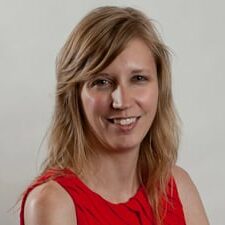
Cheryl Miller
Cheryl Miller is executive director at the Hertog Foundation. Previously, she served as deputy director of research in the Office of Presidential Speechwriting and as research assistant to David Brooks at The New York Times. Her reviews and commentary have appeared in such publications as The Wall Street Journal, Commentary, and The Weekly Standard. She graduated from the University of Dallas with Bachelor of Arts degrees in English and Politics.
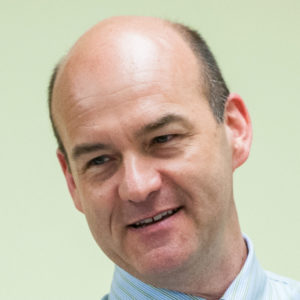
Robert C. Bartlett
Robert C. Bartlett is the Behrakis Professor of Hellenic Political Studies at Boston College. His principal area of research is classical political philosophy, with particular attention to the thinkers of ancient Hellas, including Thucydides, Plato, and Aristotle. He is the co-translator of a new edition of Aristotle’s Nicomachean Ethics.